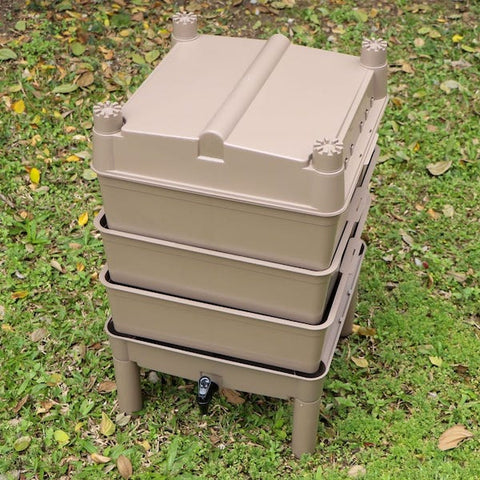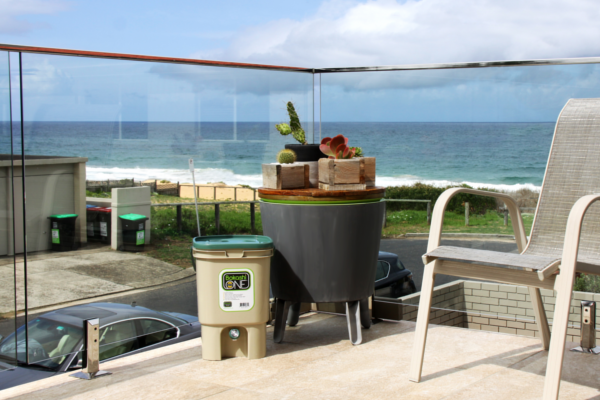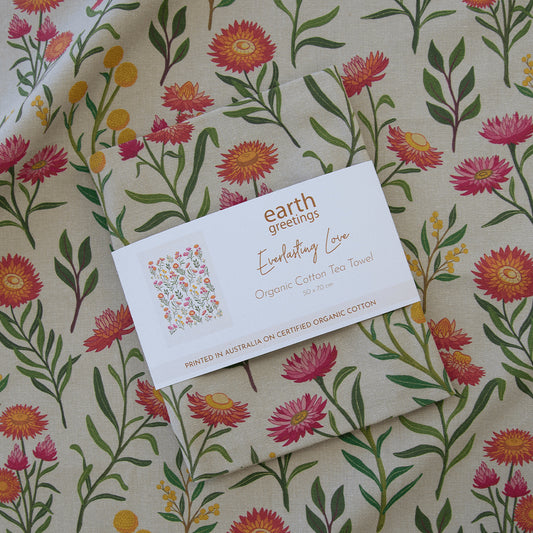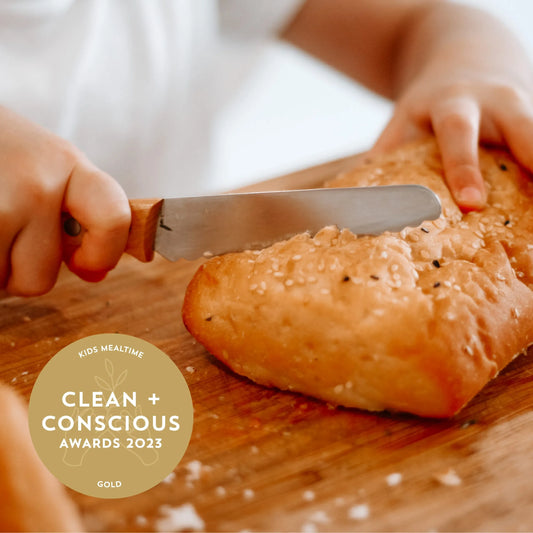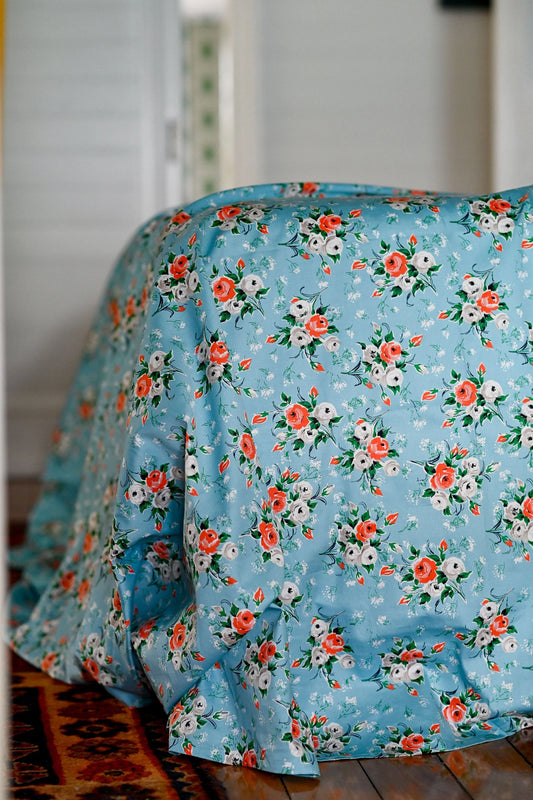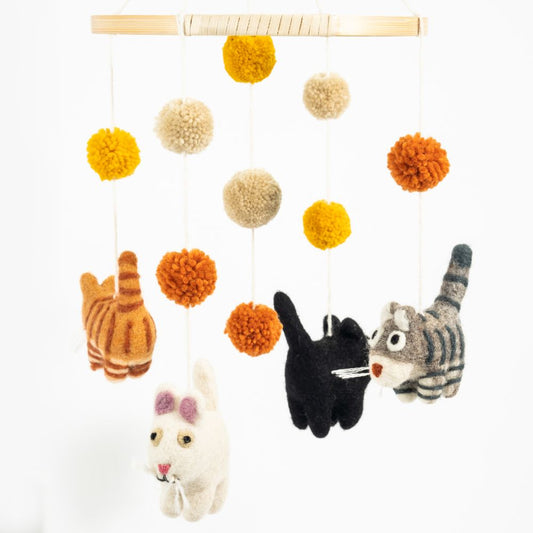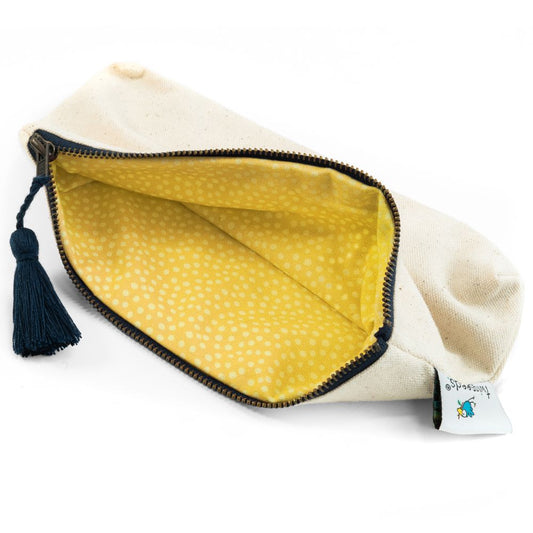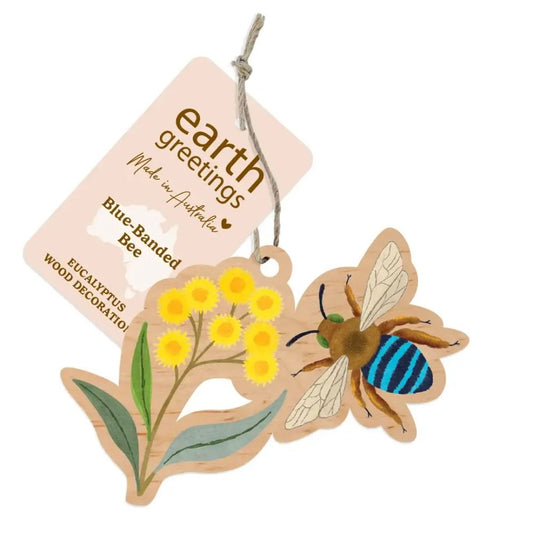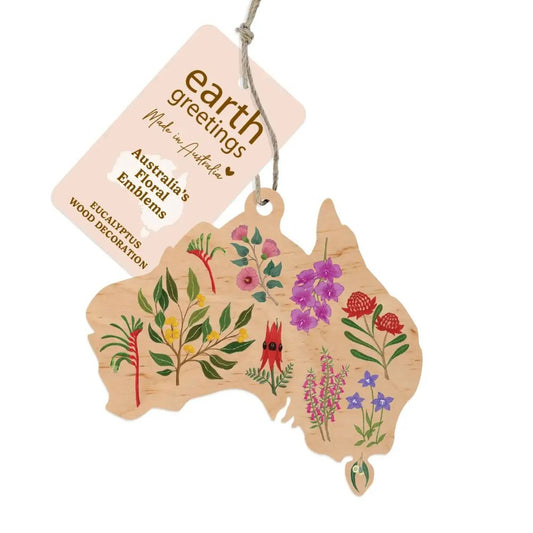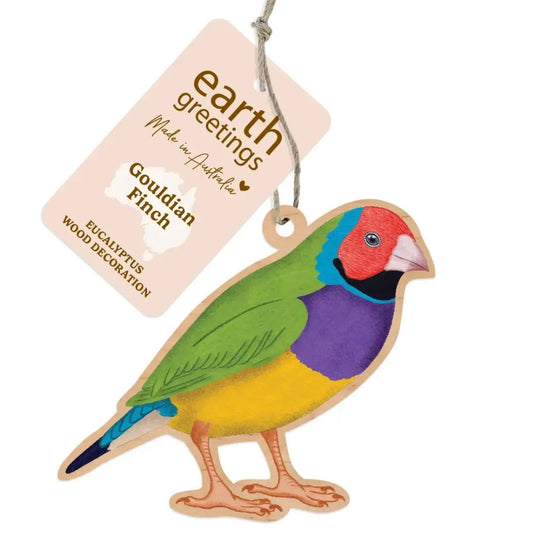Apartment Composting
Do you live in an apartment and want to reduce your food waste? Do you love gardening and want to nourish your plants with rich organic compost? If you answered yes to either of these questions, then this blog post is for you!
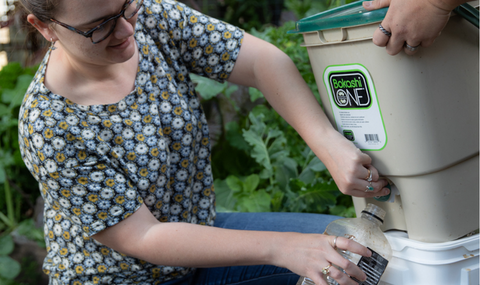
Image from Sustainable Brisbane article about composting in an apartment, unit or townhouse, or a rental property.
Food waste is large portion of the waste we generate, so imagine being able to deal with much of it in your home, even in the small space of an apartment.
Composting is a natural process that turns organic matter such as food scraps into a valuable soil amendment that can improve the health and fertility of your plants. Composting also helps the environment by diverting waste from landfill, where it would otherwise produce harmful greenhouse gases such as methane.
But, how can you compost in an apartment, where space is limited and outdoor access is restricted? Don’t worry, there are solutions that can suit any lifestyle and budget. In this blog post, we will explore two of the most popular options for apartment composting: Bokashi bins and worm farms. We'll also answer some of the common questions we get asked in the Biome stores about composting in a small space without a garden such as a unit or apartment.
What is Bokashi?
Bokashi is a Japanese word that means “fermented organic matter”. It is a method of composting that uses beneficial microorganisms to break down food scraps in an anaerobic (without oxygen) environment. Bokashi composting in an apartment is fast, easy and odourless. It can also handle almost any type of food waste, including meat, dairy, citrus and onion.
To start bokashi composting, you will need a special bucket with a tight-fitting lid and a tap at the bottom, and a spray bottle of bokashi bran or liquid. Bokashi grain or liquid contains the microorganisms that will do the work of fermenting your food scraps. You can buy these products online at Biome or in our stores.
The process of bokashi composting inside is simple:
- Cut your food scraps into small pieces and place them in the bucket.
- Spray some bokashi bran or liquid over the food scraps.
- Press down the food scraps to remove any air pockets and seal the lid tightly.
- Repeat this process until the bucket is full.
- Drain the liquid that collects at the bottom of the bucket every few days. This liquid is rich in nutrients and can be diluted with water and used as a fertiliser for your plants.
- Once the bucket is full, let it sit for two weeks to finish fermenting. During this time, do not open the lid or add any more food scraps.
- After two weeks, your bokashi compost is ready to use. It needs to be buried in a garden bed or pot or mixed with soil in a large tub or bin, For those living in an apartment, you will need to get creative with finding a location for your scraps to get mixed with soil.
In many cities and towns in Australia, the USA, and elsewhere you can find groups that share waste and compost such as the awesome sharewaste.com directory.
At Biome we offer two brands of Bokashi bins:
Bokashi One system that uses a Bokashi grain
Urban Composter that uses a liquid spray to carry bokashi
What is a worm farm?
A worm farm is a system that uses composting worms to turn food scraps into worm castings and worm tea and is suitable for an apartment compost system. Worm castings are the worm’s poop, which are rich in organic matter and beneficial bacteria. Worm tea is the liquid that drains from the worm farm, which contains nutrients and enzymes that can boost plant growth and health.
To start a worm farm, you will need a worm bin with ventilation holes, bedding material such as shredded newspaper or cardboard, and composting worms. You can buy a Worm Castle worm bin from Biome and buy the worms online or in garden centres.
The process of worm farming indoors is simple:
- Fill the worm bin with moist bedding material and add some food scraps.
- Add the worms on top of the bedding material and cover them with more bedding material.
- Keep the worm bin in a shady spot indoors or outdoors, away from direct sunlight and extreme temperatures.
- Feed the worms regularly with small amounts of food scraps, avoiding meat, dairy, citrus and onion.
- Harvest the worm castings from the bottom of the bin every few months. You can use them as a soil conditioner or a potting mix for your plants.
- Collect the worm tea from the tap or tray at the bottom of the bin. You can dilute it with water and use it as a liquid fertiliser for your plants.
Common questions about apartment composting
How much space do I need for apartment composting?
Not much at all! A Worm Castle takes up little space inside and Bokashi bin can fit under your kitchen sink or on your balcony.
How do I avoid pests and smells?
Both bokashi and worm farming are designed to be pest-free and odourless for composting inside, as long as you follow some simple rules. For bokashi, make sure you seal the lid tightly, drain the liquid regularly, and use enough bokashi grain or liquid to cover the food scraps. For worm farming, make sure you keep the bedding material moist but not wet, avoid overfeeding the worms, and cover the food scraps with more bedding material. If you notice any pests or smells, check your system for any problems and fix them as soon as possible.
What can I do with the compost?
You can use your compost to nourish your indoor or outdoor plants, or share it with your neighbours, friends or family who have gardens. You can also donate it to a local community garden, school garden, or composting hub. If you don’t have any use for your compost, you can contact your local council and see if they have a food waste collection service or a drop-off point for compost.
Some apartment blocks do have common garden areas where you can dig the waste into.
How do I get started?
Check if your local council offers any support or incentives for apartment composting, such as free or subsidised systems, workshops or guides. You can also join online groups or forums where you can learn from other apartment composters and share your experiences. This ABC article has more great advice.
This Sustainable Brisbane Composting For Anyone Article has more helpful ideas.
Composting in an apartment is a rewarding and fun way to reduce your environmental impact and grow healthy plants. With a little bit of effort and creativity, you can turn your food waste into black gold!
A kitchen caddy is a helpful benchtop bin for gathering your scraps before placing them into your worm farm. However, with a Bokashi bin, you can just put the scraps straight into the bucket.
MORE READING
Want to learn more about Bokashi. Here's our blog post with Everything you ever wanted to know about Bokashi.

